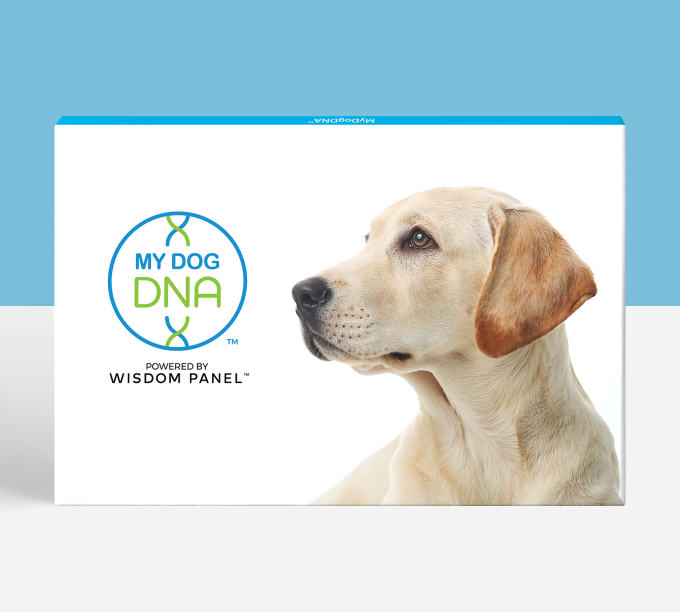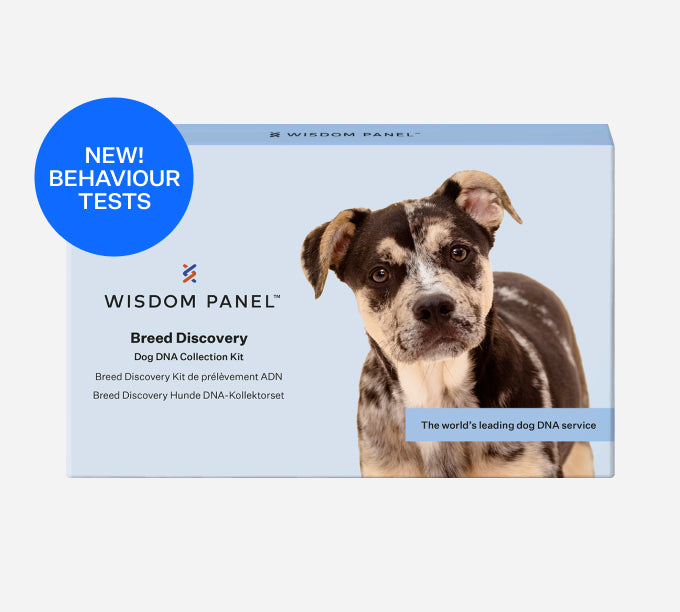We can thank countless generations of dedicated dog breeders for the amazing array of hundreds of dog breeds in the world today. Breeds were established by purposefully selecting dogs that displayed a unique set of desirable traits and behaviours, and over time, breeders developed standards to guide mate selection and protect the unique features of their beloved dog breeds. This storied legacy of breed preservation and perpetuation, balanced with the unfortunate reality of an abundance of unwanted dogs in many regions of the world, raises two important questions for people who are contemplating breeding dogs: Should I become a dog breeder? and Should I breed this particular dog?
What Makes a Good Breeding Candidate
Once you have determined that the personal, financial and time commitments of breeding dogs are within your capacity, you must also address the second equally-demanding decision of whether a particular dog is a worthy candidate for breeding. It is hard to be objective with our pets. Sometimes the dog you fall in love with has a serious fault, and the most responsible choice is to not breed. In some countries the question is not entirely a personal one, as many places require licensing before breeding and/or proof of a variety of health verifications before mating a dog is allowed. Even if not legally required, a conscientious breeder will take many factors into account before selecting a dog for breeding, including:
Health
Both general fitness of the mate, especially the dam prior to the physical demands of gestation, whelping and raising a litter, as well as the genetic health aspects of both sire and dam must be ensured. Many breed clubs and/or national registries provide guidelines for breeders to learn which are the most important inherited disorders to assess pre-breeding. Wisdom Panel™ also provides science-based information about breed-specific genetic health concerns with all disorder testing.
For many breeds specialized veterinary evaluations are indicated, including:
- Radiographs: Informally called “X-Rays” under general anaesthesia of spines, hips, knees, shoulders and elbows
- Eye exams: Clinical examination of the eyes by a board-certified veterinary ophthalmologist
- Heart exams: ECGs and echocardiograms
- Respiratory function grading scheme: also sometimes called “Cambridge Fitness test,” RFGS measures level of brachycephalic obstructive airway syndrome present in brachycephalic breeds like Pugs, French Bulldogs and English Bulldogs
- Auditory function assessment: Brainstem Auditory Evoked Response (BAER) testing under sedation or anaesthesia, preferably with a neurologist
- Thyroid function evaluation – blood tests of free T4 (fT4), thyroid stimulating hormone (TSH) and thyroglobulin autoantibodies (TgAA) to search for evidence of autoimmune thyroiditis
Almost every breed of dog now benefits from the availability of DNA testing for inherited disorders such as those available in Wisdom Panel™ MyDogDNA™ or Optimal Selection (in North America). Prospective sires and dams are both tested prior to mating using an at-home kit to collect DNA via cheek swab. Assessing the Wisdom Panel™ results allows breeders to reduce risk of puppies produced that are “At Risk” for testable genetic disease.
Temperament
Temperament, as in people, is a complex set of traits shaped by both a dog's unique genetics as well as environment and experience, and few predictive genetic tests are yet available. It is a critical feature of any dog - whether it is destined to perform as a working dog or one that will become a pet within the family. The prospective sire’s and dam’s temperament are arguably the single most important factor (after health) a breeder should consider. To address the need to prioritise temperament despite no clinically-measurable values, clubs have developed standardised tests of temperament, such as the Breeding Predisposition Test (ZAP, Zuchtanlagenprüfung) or Character Assessment (WB, Wesensbeurteilung) used by the German Shepherd Club of Germany. Other breed clubs have temperament requirements stipulated in the breed standard itself, such as the American Kennel Club's Havanese or Boykin Spaniel standards, such that undesirable behaviours do not result in champions.

Fit for Purpose and Improvement of the Breed
Before breeding, one should consider the question, “What is the purpose of the dogs I am about to bring into the world, and are these pups likely to meet that purpose?" In addition to health and temperament, there are also other factors to incorporate into mate selection. Each dog breed is beautifully unique and fits a niche that enriches human lives. Whether it is for herding, tracking, rodent control, performance in the ring, agility in track or field, achieving an aesthetic ideal, or providing life-long companionship in a city apartment or suburban home, dogs are bred for a purpose. Taking the time to really understand a breed before choosing to add to its numbers is essential if one hopes produce dogs that maintain the breed and, optimally, improve it. Working with experienced reputable breeders and their breed clubs is an excellent pathway to learning what to look for in selecting the best dogs to breed.
There is a strong ethos within the dog breeding community that it is the responsibility of a dog breeder to strive to improve the breed. This demands breeders to be very knowledgeable about the breed, as well as the variations in offspring that will result from your selecting potential mating pairs. This is why you will fine dedicated breeders attending dog shows, becoming active in breed clubs and networking with other reputable breeders so that although breeding opinions may differ, you can ensure you are still working towards the same general goals to ensure the future of your chosen breed.

Breeder Time and Cost Commitment
The investment of time and money when one chooses to breed dogs is not trivial. As described in "How much does Breeding Dogs Cost?", expenses associated with ensuring the health of the breeding pair as well as the litter of puppies through their first 8 weeks of life can easily cost many thousands of pounds.
There is also the intangible cost of stress that often accompanies the process of producing and rearing a litter of puppies. Ensuring that the mother and pups thrive through what can be a risky stage of life for both the dam and her pups weighs heavily on the person responsible for them. There are typically many sleep-interrupted nights for a conscientious breeder before pups are sent home with new owners.

Commitment for Life: Puppies
The breeder’s responsibility does not end at whelping. The breeder must ensure that there is a demand for the puppies produced, and find appropriate homes for those dogs. In addition, most reputable breeders provide puppy buyers with a health guarantee, often for the first three years of life, if a significant health problem is diagnosed. Some breeders go further and provide a no-questions-asked offer to take the pup back simply at the buyer’s request.
Responsible breeders will be available to answer questions and offer insights for those who have acquired one of their puppies, and they will likewise often have very particular requirements they expect prospective buyers to meet to ensure their puppies are set up for success. Professional breeders committed to improving their lines and the breed will follow the pups they’ve produced throughout their lifetimes when possible. This allows them not only to ensure the dogs continue to be a good fit for their family, but also to track which matings have produced offspring that demonstrate the best qualities in the ring, field, or home.
Along with bragging rights, staying in touch provides breeders insights for future planned matings. Committed breeders will want to learn of any health concerns that may have a genetic component, even if not directly testable, that come up throughout the dog’s lifetime. It is thanks to the vigilance and dedication of breeders and their breed clubs that many of the known inherited disorders in dogs have been fully characterised. That research drives development of DNA tests such as those in Wisdom Panel™ to prevent genetic disorders in future litters.








